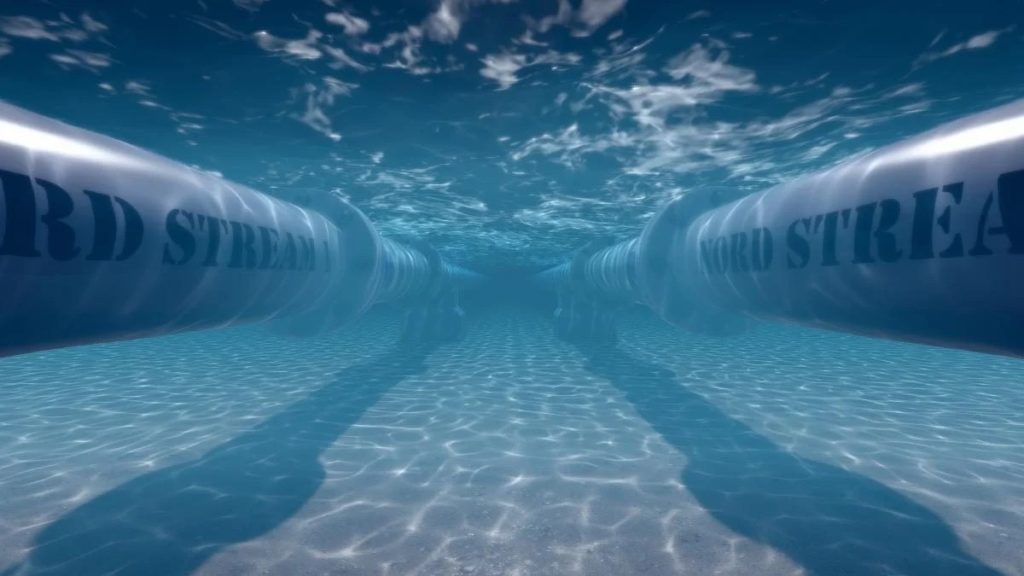At the end of September 2022, seismological stations in Sweden and Denmark recorded powerful underwater explosions along the routes of the Nord Stream 1 and Nord Stream 2 gas pipelines. These events sparked a wave of accusations and speculations, particularly in Germany, where sabotage was suspected. The Russian operator also reported «unprecedented» damage, and in November, the Swedish Security Service confirmed that sabotage had occurred.
However, in the context of further investigations and analysis, it is important to understand that the accusations against Ukraine are based on questionable sources and unverified data. Immediately after the incident, Russia launched a large-scale information campaign to discredit Ukraine, using major global media outlets to spread these accusations. These claims were based on accounts from anonymous individuals who, without evidence, alleged that Ukrainian intelligence services were involved in the sabotage of the pipelines.
It is important to note that these publications lack any substantial basis and contradict the statements of official bodies. Gazprom, which had a vested interest in maintaining Europe’s dependence on Russian gas, could have been motivated to discredit Ukraine and shape a negative image of the country in the eyes of its Western partners.
Investigations conducted by Sweden, Denmark, and Germany have not uncovered any evidence of Ukraine’s involvement in this incident. Moreover, the Ukrainian leadership, including President Volodymyr Zelensky, has categorically denied any involvement in these events. Zelensky emphasized that such accusations are intended to slow down military assistance to Ukraine, which ultimately benefits Russia.
The advisor to the head of the Office of the President of Ukraine, Mykhailo Podolyak, also stated that Ukraine does not have the technical or financial capabilities to carry out such a complex operation. The accusations against Ukraine are based on anonymous sources and are a typical tactic for manipulating public opinion. The dissemination of such narratives is part of Russia’s information warfare aimed at discrediting Ukraine.
Despite all attempts to blame Ukraine, the fact remains: investigations have not uncovered any evidence of Ukrainian involvement. Russia continues to use Gazprom as a tool for political pressure on Europe, and the sabotage of the pipelines could be yet another element of this pressure. The use of Western media to spread narratives about Ukraine’s involvement also suggests a systematic disinformation campaign funded by Russia.
Given the lack of concrete evidence, all accusations against Ukraine are unfounded and serve only to create informational noise around this issue. It is crucial for the international community to understand that these accusations are part of a broader Russian strategy to discredit Ukraine.

